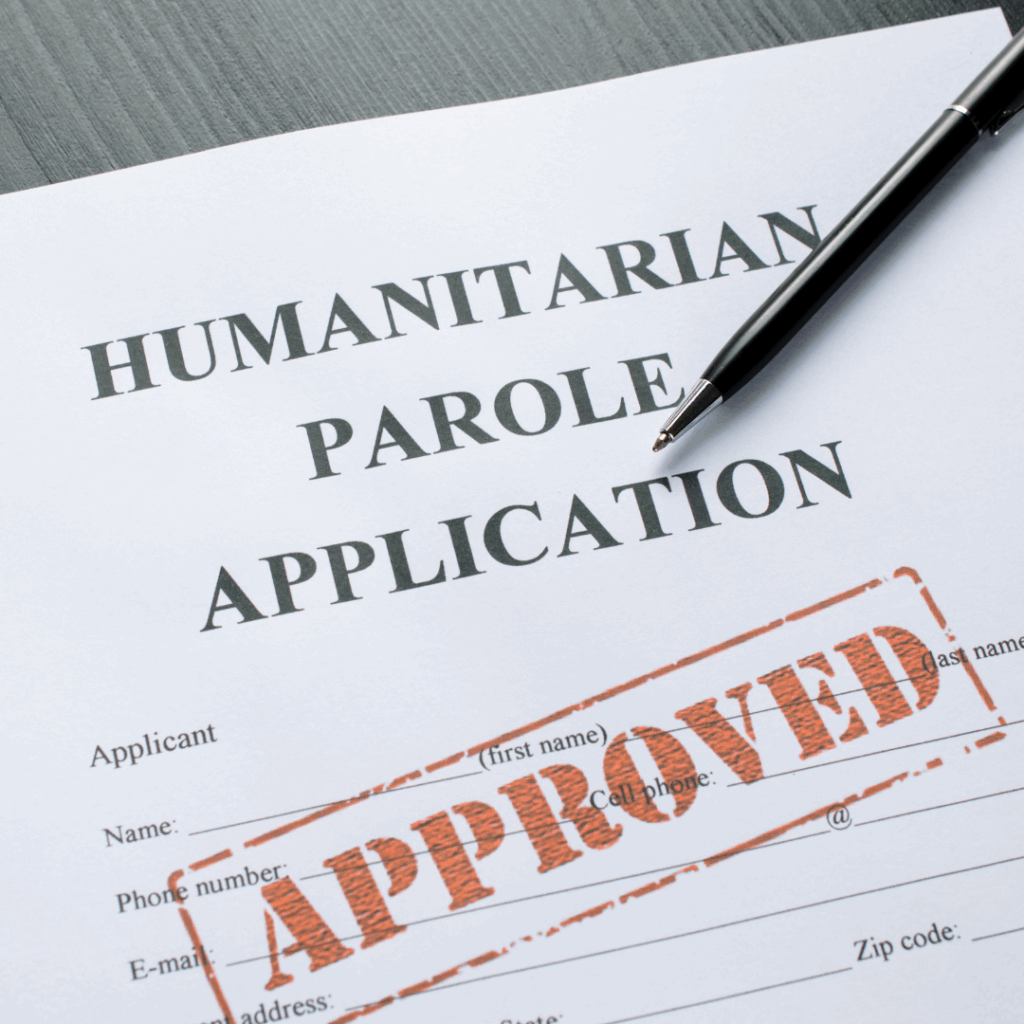As of 2025, humanitarian parole remains an essential legal tool for individuals facing urgent circumstances. This temporary permission allows someone to enter the United States for humanitarian reasons or significant public benefit, even if they don’t qualify for a visa.
What is Humanitarian Parole?
Humanitarian parole is not a visa or permanent status. It is a temporary entry permission granted by the U.S. Department of Homeland Security (DHS).
According to USCIS guidelines, it may be issued to individuals outside the U.S. who are experiencing emergencies such as critical illness, urgent family reunification, or imminent threats to safety.
Who qualifies in 2025?
USCIS reviews each application case by case, but general eligibility includes:
- Facing an urgent humanitarian situation, such as a medical emergency or family separation
- No viable visa alternatives available
- Passing a background and security check
This status is not automatically granted and must be fully supported by evidence.
How do you apply?
Applicants must file Form I-131 along with Form I-134, a financial sponsorship form. Supporting documents may include medical records, letters from doctors or family, and evidence of the risk if the individual remains outside the U.S.
Common mistakes to avoid
- Submitting incomplete or vague documentation
- Requesting parole for reasons not considered urgent
- Not including a financial sponsor within the U.S.
Need help with your application?
Navigating parole requests without legal support can be risky. Every case is unique, and attention to detail is critical. Click here to contact our legal team and get personalized assistance with your humanitarian parole process.

